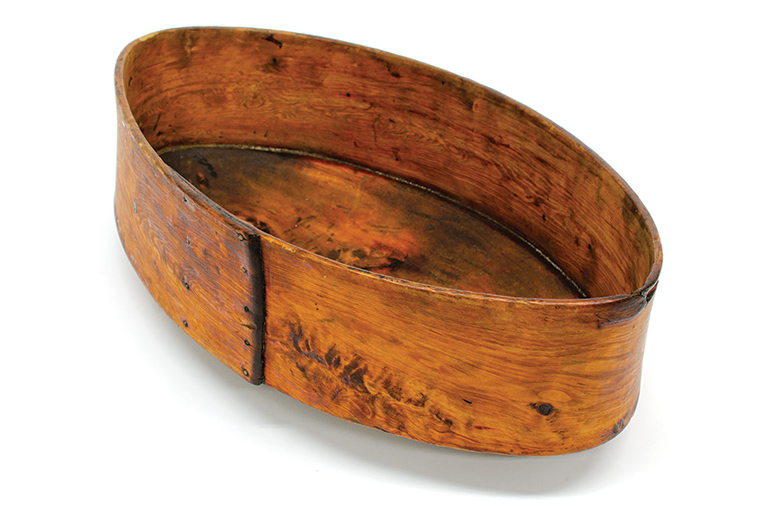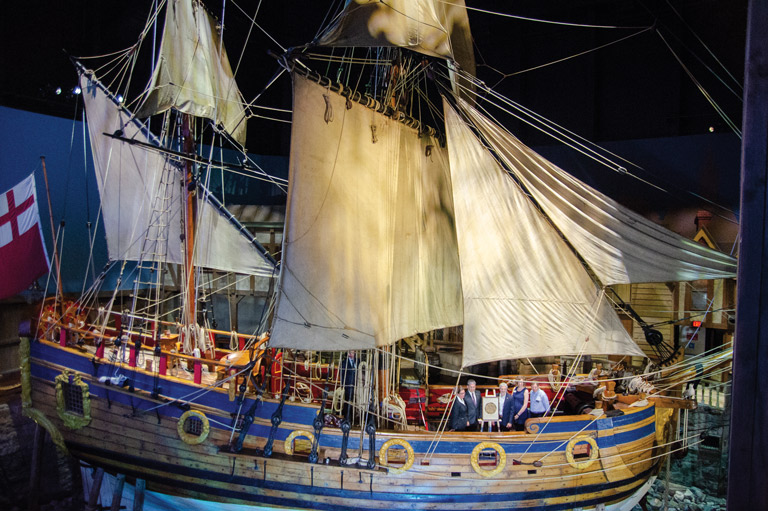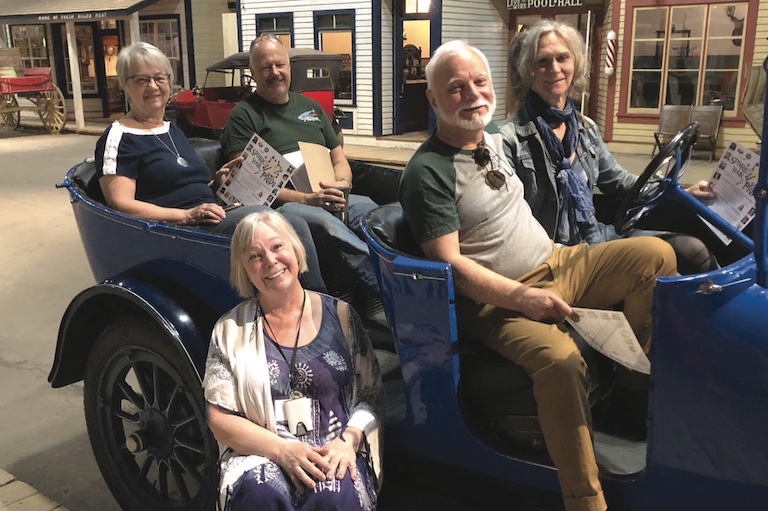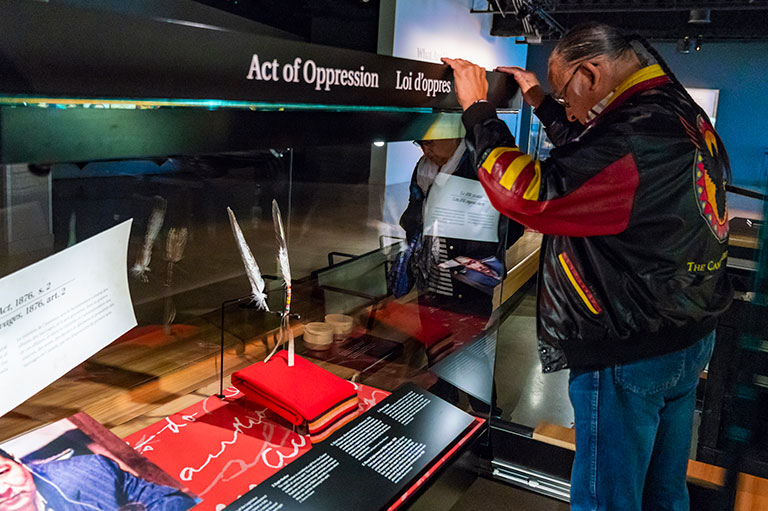Bonding with Local History
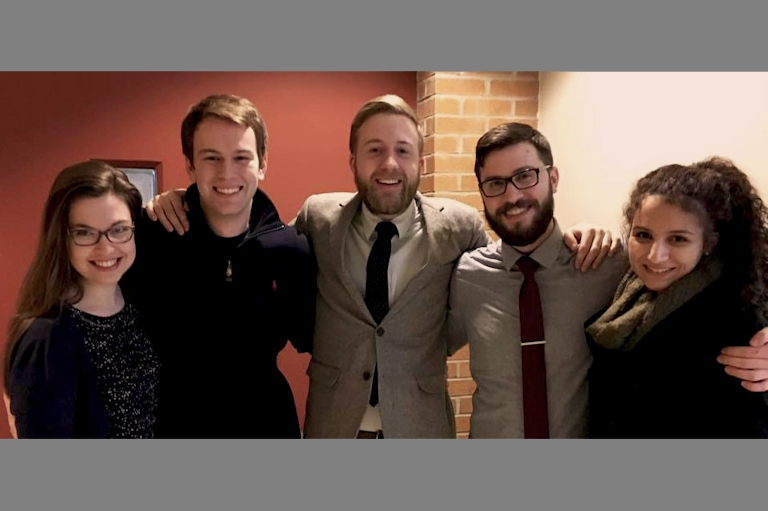
Universities are introducing the concept of public history at the undergraduate level and it will only benefit students and communities. Public history courses ask students to explore the different ways a history degree can be put to use before and after graduation. In the following passage a group of history students from the University of Windsor, Kayla Dettinger, Salma Abumeeiz, Sean Antaya, Kyle Lariviere, and Tyler Pickel, share their experiences from the university’s first public history course:
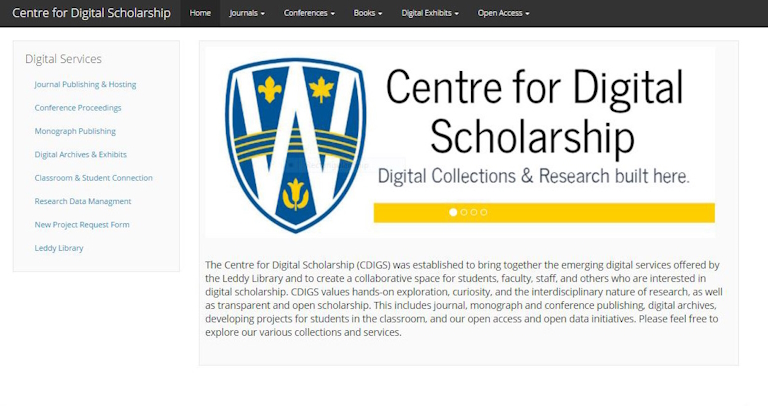
With 7 uniquely curated newsletters to choose from, we have something for everyone.
This project began as a final research assignment for Dr. Adam Pole’s Public History seminar course offered by the University of Windsor’s History Department. We were responsible for not only digitizing a primary source collection from Leddy Library’s Rare Books and Special Collections, but also the creation of a digital archive featuring that collection housed through Leddy’s Centre for Digital Scholarship. The collection we chose to digitally preserve belonged to St. John’s Anglican Church in Sandwich, Ontario and included baptismal, marriage, burial, and confirmation records from 1828 to 1915. Our approach was to examine the Church as a microcosm of the greater Detroit River region through which we could study larger changing demographic trends alongside unique individual lives as the records detailed such things as employment, age, and cause of death. As a result, our website includes both a searchable digital database of the records and several pages of interactive history research related to the Church and the Border Region’s demographics which serve both academic and public use.
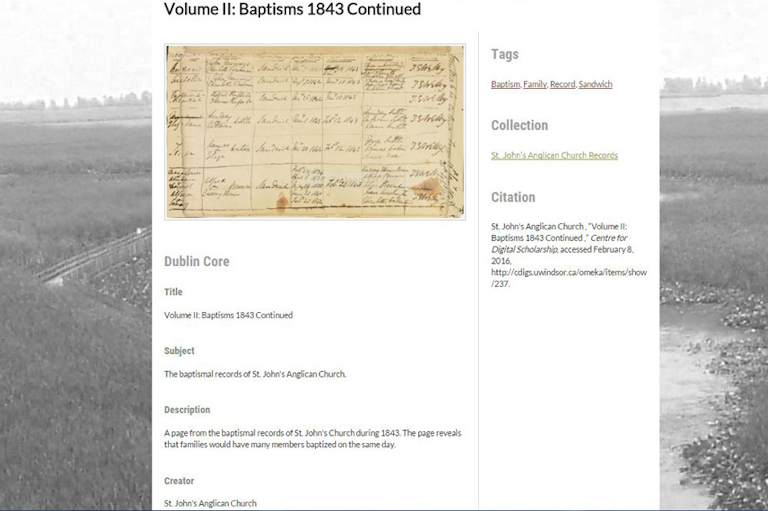
As undergraduate history students, this assignment was a unique opportunity to present traditional research methods in the cutting edge media offered in the burgeoning field of digital history. During the course of the assignment, the class received training in Omeka software offered by the University of Windsor’s Centre for Digital Scholarship. This program gave us an opportunity to work with Dublin Core archival standards and applications such as Neatline Time, as well as various mapping functions. Prior to this assignment our group had limited experience working with original primary sources, especially for the purpose of digitally preserving them. Being part of the archival process by working with such fragile documents in an effort to preserve and digitize them was an exceptional and invaluable experience. Through the challenging task of creating a site both informative and interesting, we became acquainted with digital curation, digital equipment, and the process of public history.
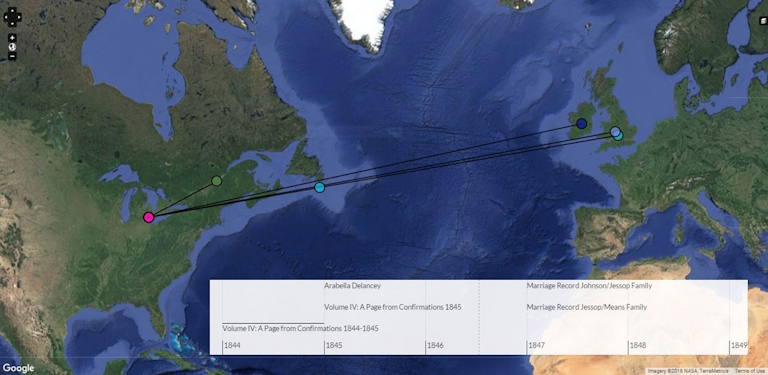
Save as much as 52% off the cover price! 6 issues per year as low as $29.95. Available in print and digital.
Our aim was to bring attention to a particular aspect of local history that had a deep connection in the Border Cities of Windsor and Detroit. As the only Anglican Church in the area for roughly a century, it served parishioners from both Michigan and Ontario, and influenced migrants from as far as Great Britain to settle in the region. The website focuses considerably on the aspect of migration through several mapping applications that illustrate how diverse the congregation was while also serving an important social function within the community. In addition to the records themselves, we consulted local history publications, census records, and archival documents to help construct the stories of local lives and aid in our understanding of life during the period. Consequently, our project provides an important contribution to local history in understanding the role of St. John’s Anglican Church in the Detroit River region. Additionally, it is also as an example of how the digital presentation of historical research offers unique opportunities to students, academics, and the interested public in sharing and accessing local history.
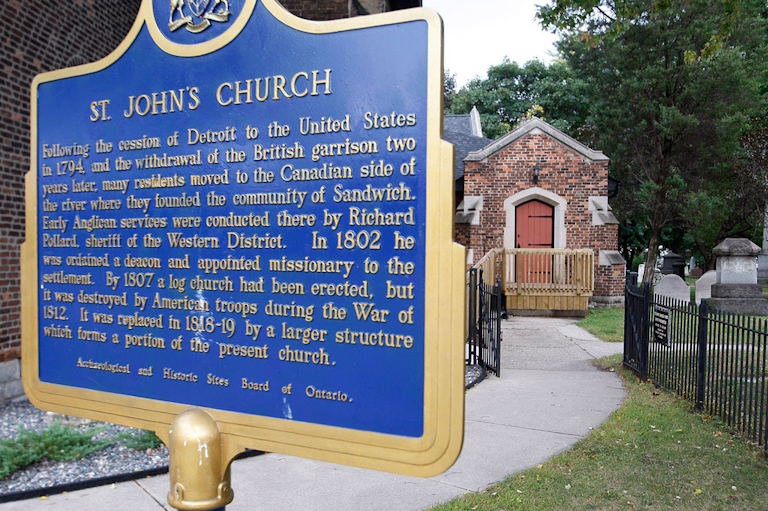
At Canada’s History, we highlight our nation’s past by telling stories that illuminate the people, places, and events that unite us as Canadians, while understanding that diverse past experiences can shape multiple perceptions of our history.
Canada’s History is a registered charity. Generous contributions from readers like you help us explore and celebrate Canada’s diverse stories and make them accessible to all through our free online content.
Please donate to Canada’s History today. Thank you!
Themes associated with this article
Advertisement

